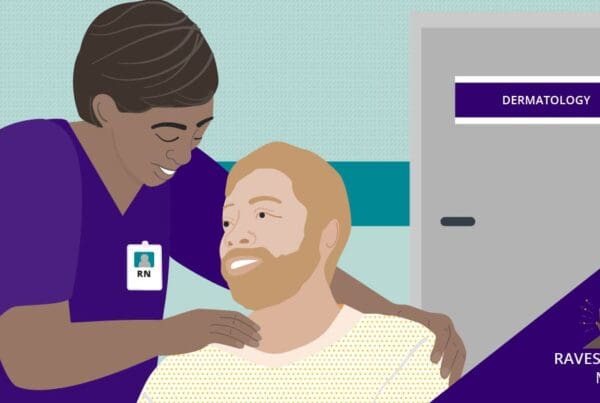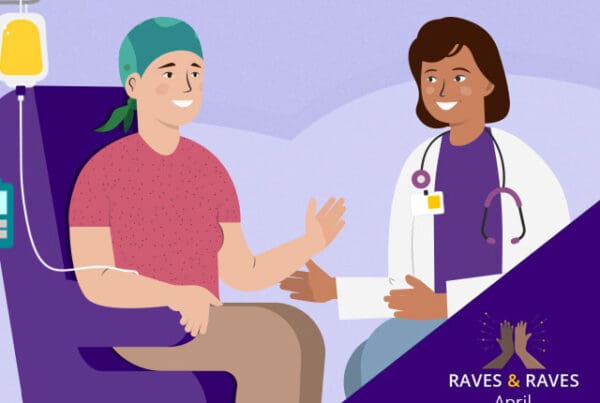Dr. Patrick Fleet, the legendary (and recently retired) Harborview nephrologist, is a walking encyclopedia. As a young resident I marveled at his ability to summon up facts about the diverse communities, countries and cultures Harborview Medical Center’s patients came from.
I’d wonder why my patient from Nicaragua had a Russian-sounding name, for example; Dr. Fleet, of course, knew all about how the Russians came to Nicaragua and the challenges they faced there.
This wasn’t a trivia game. He understood that where a person lives, works and plays can profoundly impact health risks and outcomes. Today we call these influences the social determinants of health.
Back when I made the rounds with Dr. Fleet, I didn’t use that term. But I knew I was embarking on a career as a nephrologist not just because the clinical cases fascinated me. The patients did, too.
The societal influences are very evident in kidney disease. It can strike anyone, of course, but it strikes certain groups with more frequency. Poverty is overrepresented in kidney disease patients.
I once had a patient who was African American and homeless. He was on dialysis, and one day he headed to Louisiana. On a train somewhere in Texas, he started acting crazy. The authorities assumed he was drunk and threw him in jail. He handed them my business card, which I give to certain patients for this type of situation. “Your patient is drunk in jail,” the police tell me on the phone. “He’s not drunk,” I reply. “He’s uremic. His kidneys are failing. You need to get him to a hospital now.”
Fortunately, they did. A med student at the local hospital kept me informed of his status. Later, that student got on a plane with the patient, flew back to Seattle and drove him straight to Harborview. I’d like to think that med student did some reflecting on the plane about the role race and social factors can play in a person’s health.
Starting this fall, UW med students will more thoroughly explore these issues throughout their education. We’re launching a new course called the Ecology of Health and Medicine. It will bring these social determinants to the fore and be interwoven into all four years of med school.
Students are now able to probe for those details from the outset of their education, thanks to other changes in our revamped curriculum. Every other week, first- and early second-year students spend time in a primary care setting learning about the actual practice of medicine. The basic science they learn in the classroom comes to life in the exam room.
The Ecology of Health and Medicine, meanwhile, will bring to life the social determinants of health. You can spend all your time studying up on the latest snazzy new drugs. But when I see my patients, I ask where they’re sleeping that night. Do they have a ride to their next dialysis treatment? Can they pay their electric bill?
We hope the new curriculum helps our students identify and address the social factors that impact health. So when a future student presents a patient to me on the ward, they should be able to rattle off those social factors as readily as describing vital signs.
And perhaps teach me something about the world, just like Dr. Fleet did.
Dr. Michael Ryan is associate dean of curriculum for the School of Medicine and a practicing nephrologist at Harborview.


